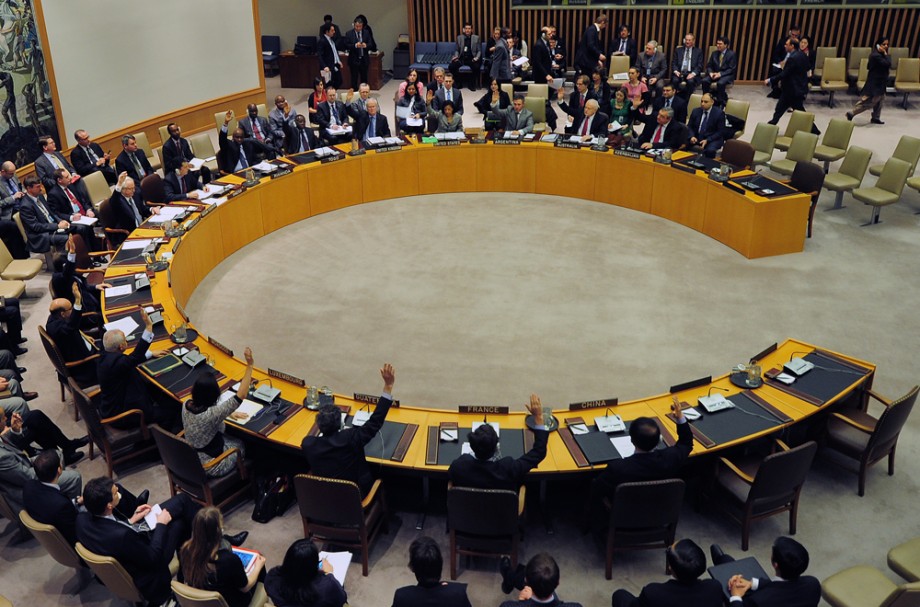Many students of international sanctions recognize some sort of progress of sanctions as coercive tools. In this essay I attempt to look beyond the issue of economic effectiveness, and into the origins of sanctions; the sources of power that decide under which circumstances UN sanctions should be imposed and that decide which should be the objectives of UN sanctions policy. This leads us to ask another set of questions: How can UN sanctions create international security? Which threats to security should be sanctioned? Who are the usual suspects? And who is deemed fit to play the role of sheriff? In this essay I look at the history of UN sanctions policy in order to answer two questions. (1) How have sanctions changed? And (2) Why did sanctions change?
In the first part of the essay I will show that sanctions have not only become better at undermining targets economically, but that the norms and values that surround sanctions policy have also changed substantially. The power of institutions and ideas has been especially strong in determining when sanctions may be imposed. Throughout history, UN sanctions have been imposed for increasingly ambitious goals with regard to ideas such as racial equality, human security, and liberal democracy. As tools of an ever more precise machine, UN sanctions help to terminate conflicts and to protect human rights, and even to construct a sustainable liberal peace.
In the second part I will explain that the ideas behind UN sanctions policy have become so institutionalized in global governance that one would almost consider them as mere bureaucratic functions, free of power. However, the ideas that are embedded in UN sanctions policy were forwarded by someone and for something. Why did these ideas about sanctions, and not other ideas, become institutionalized? I will show that the norms and values surrounding UN sanctions are not only projections of power, but also reflections of constitutive power. The ideas that dominate contemporary UN sanctions policy were not god-sent or the product of exact science; they were created by people with histories, needs, and beliefs.
To read the whole text in pdf format, please click here.

